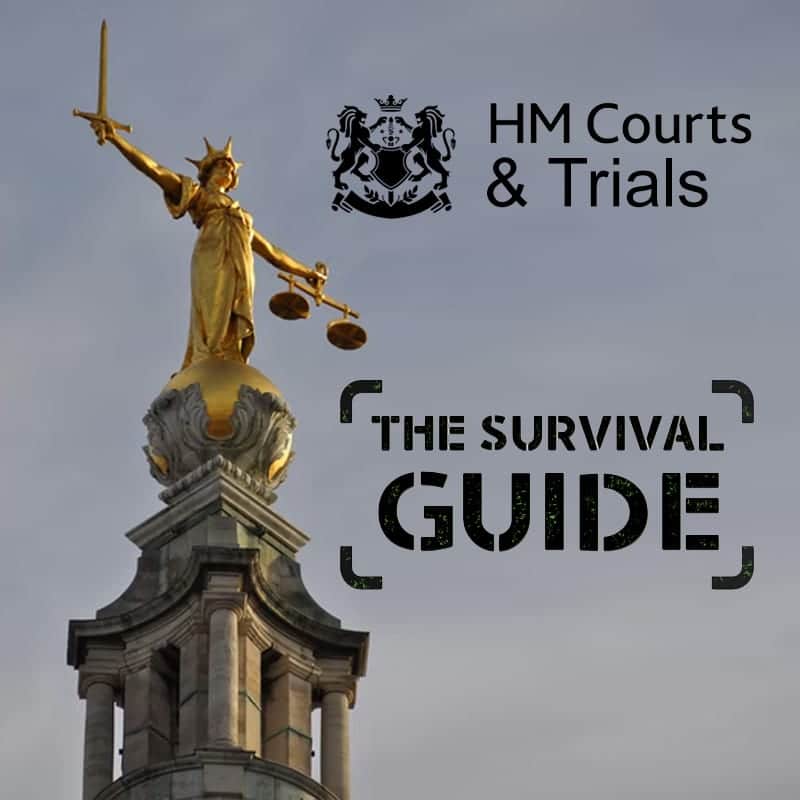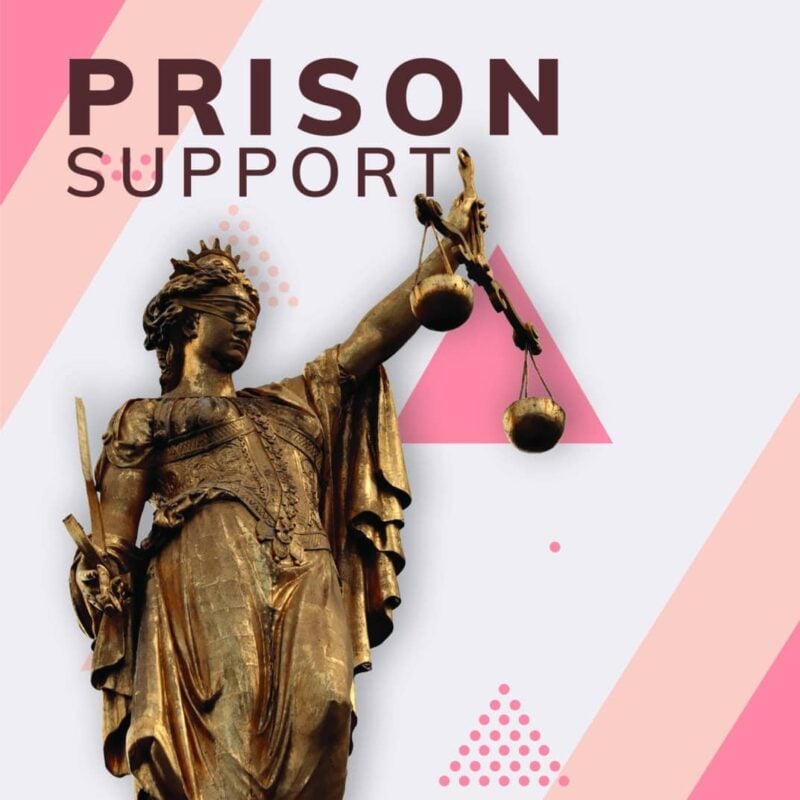What happens to your bills when you go to jail UK?
Understanding What Happens to Your Bills When You Go to Prison or Jail in the UK
When an individual is incarcerated in a prison or jail in the UK, it significantly impacts various aspects of their life, including their financial responsibilities. A common concern among those facing imprisonment is the management of their bills during their time inside. Addressing these financial obligations is essential to prevent debt accumulation and ensure a smoother reintegration upon release.
The initial step involves a thorough assessment of all financial commitments, encompassing rent or mortgage, utility bills, credit card debts, and loans, among others. The transition to prison or jail does not halt these obligations. Without a strategic approach, the financial burden can escalate, compounding the challenges faced upon reentry into society.

Communicating with Creditors - What happens to your bills when you go to jail UK?
Key to managing finances during incarceration is prompt communication with creditors. Most companies have procedures for dealing with customers who are imprisoned and may offer flexible solutions like payment plans or account freezes. Early communication is crucial, as it increases the likelihood of a favourable response from creditors.
Delegating Bill Management
Ideally, delegating the management of your bills to a trusted friend or family member can alleviate financial stress. This requires legally authorizing someone, possibly through a Power of Attorney, to handle your financial affairs. Such an arrangement ensures timely bill payments, facilitates communication with creditors, and maintains financial stability.
Seeking Support and Advice for your bills when you go to jail UK
Various organisations and charities in the UK offer advice and support to prisoners and their families on financial management during incarceration. These resources are invaluable for navigating debt, negotiating with creditors, and planning financially for the future. Early engagement with these services can mitigate adverse financial impacts.
Utilising Government Benefits
Incarceration may qualify you or your family for certain government benefits, aiding in covering essential living costs. Eligibility for housing benefit, income support, or Universal Credit should be explored to support financial stability during this period. Awareness and application for relevant benefits are critical.
Monitoring Financial Health
While imprisoned, keeping track of financial health poses challenges but remains crucial. Encouraging the individual managing your finances to maintain detailed records of transactions and creditor communications is essential. This aids in financial management during incarceration and facilitates planning for release.
Preparing for Financial Recovery Post-Release
Ahead of release, begin planning for financial recovery, which includes budgeting, reconnecting with creditors, and seeking employment. Effective financial planning is integral to a smooth reintegration into society, aiming to rebuild financial stability and independence.
In summary, managing financial obligations while in prison or jail in the UK requires informed planning and proactive engagement. Effective communication with creditors, leveraging support from trusted individuals or organisations, and utilising available government benefits are key strategies. With the right approach, it’s possible to navigate financial responsibilities during incarceration and prepare for a successful reentry into society.





